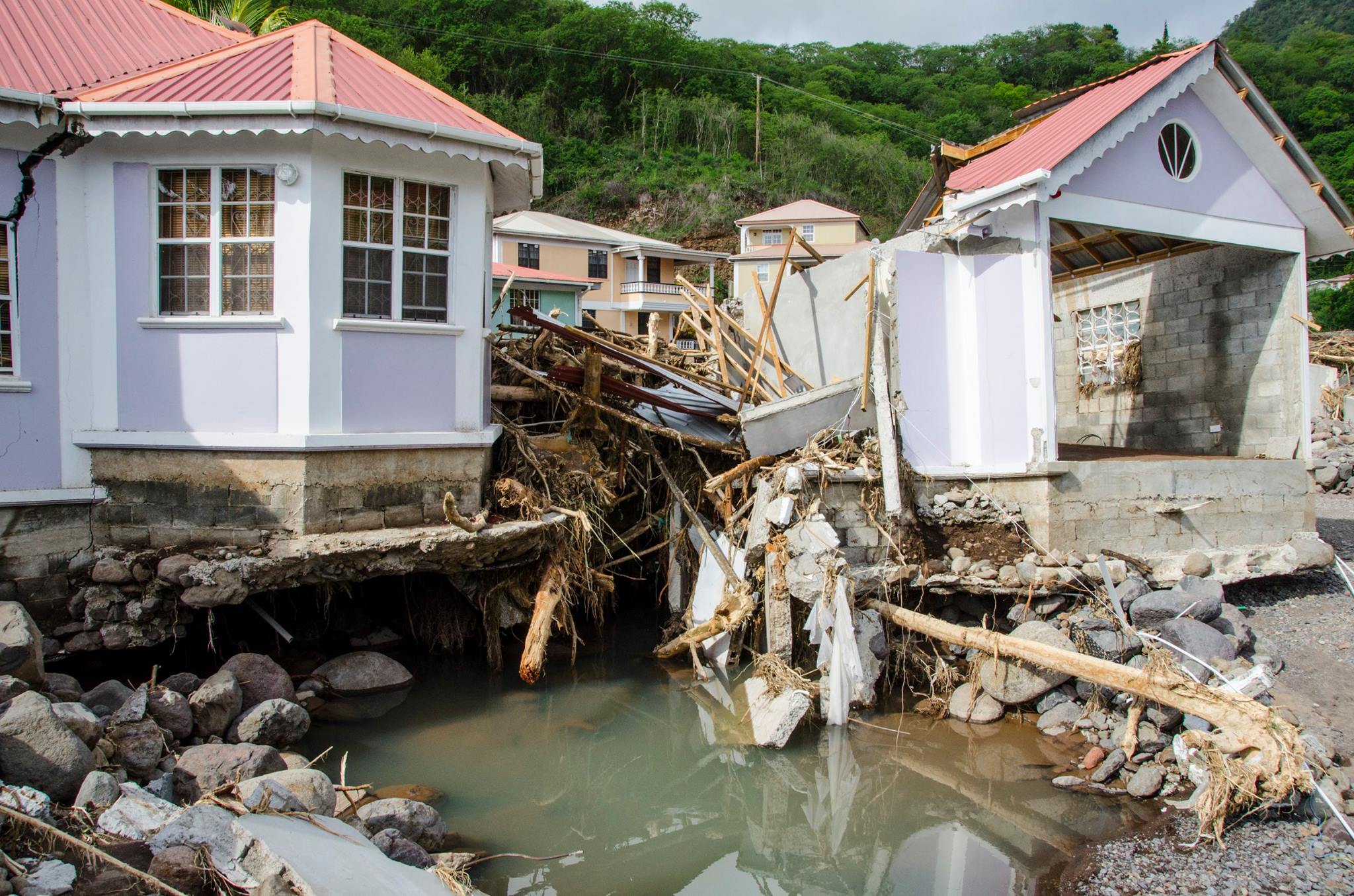The Honourable Minister of Home Affairs, Mrs Cora Richardson-Hodge, and her Assistant, Mrs. Evalie Bradley, have spoken about a number of matters engaging their attention in the Ministry, and their work with other appropriate persons.


Bradley
One of the matters was constitutional and electoral reform which has been under discussion over the past fifteen years. “We are committed that during this administration we will pass a new constitution for Anguilla,” Mrs. Richardson-Hodge said at a town hall meeting at Sandy Hill on Sunday, August 30. “We have looked at what has been done in the past and are looking at how we will move forward, but that is something we are committed to passing. There are so many issues coming out of the constitution, and affecting us, that we need to have the reform done one way or the other.”
She continued: “We have taken to Executive Council an exemption for grandchildren of Anguillians and this ties back to work permits. Currently, our Anguilla Constitution does not recognise grandchildren so any Anguillian having a child that was born outside Anguilla, that child is not recognised to be an Anguillian. It has implications when you are going to transfer land to a grandchild, and the child cannot get rights because it [the constitution] does not recognise the child to be an Anguillian. Then you can’t transfer land to that grandchild, and have to go through the Alien Land Holding Licence process like any other person that has no rights in Anguilla. That is unfair because it doesn’t take into account Anguilla’s history and the fact that so many of our parents and grandparents travelled overseas to look for work over the years.
“What that has done is created a difficulty in Anguilla. So what we are trying to do with the exemption for grandchildren is that, in the first instance, if a grandchild decides it wants to come back to Anguilla, and work – instead of having to obtain a work permit as every other person that may not have a connection to Anguilla would have to do – … this exemption allows grandchildren to come in and work once they are able to show they are the grandchildren of an Anguillian. We think it is a positive step…because we are currently working on a revision of the constitution. We are expecting it to be done in short order…but in the short term this allows us to give the exemption so that the grandchildren of Anguillians do not have to go through having to obtain a work permit and paying out those types of fees etc.”
Meanwhile, Mrs. Bradley said a number of qualified and experienced persons had been named to serve on a constitutional and electoral commission and had been referred to the Executive Council for approval.
Mrs. Bradley also gave the “assurance that, come what may, at the end of our five year-term, we will have a minimum wage.” She went on: “We have been working closely with the Labour Department and we have been able to access some technical assistance from the International Labour Organisation, helping us to move forward with making sure that we have a minimum wage in place. What we need to do is to make a decision as to which way we would want to go – whether we want a national minimum wage or whether we want to have a minimum wage by sectors.”
Mrs. Richardson-Hodge and Mrs. Bradley also spoke on a number of other matters including labour issues – the protection of jobs for Anguillians.








